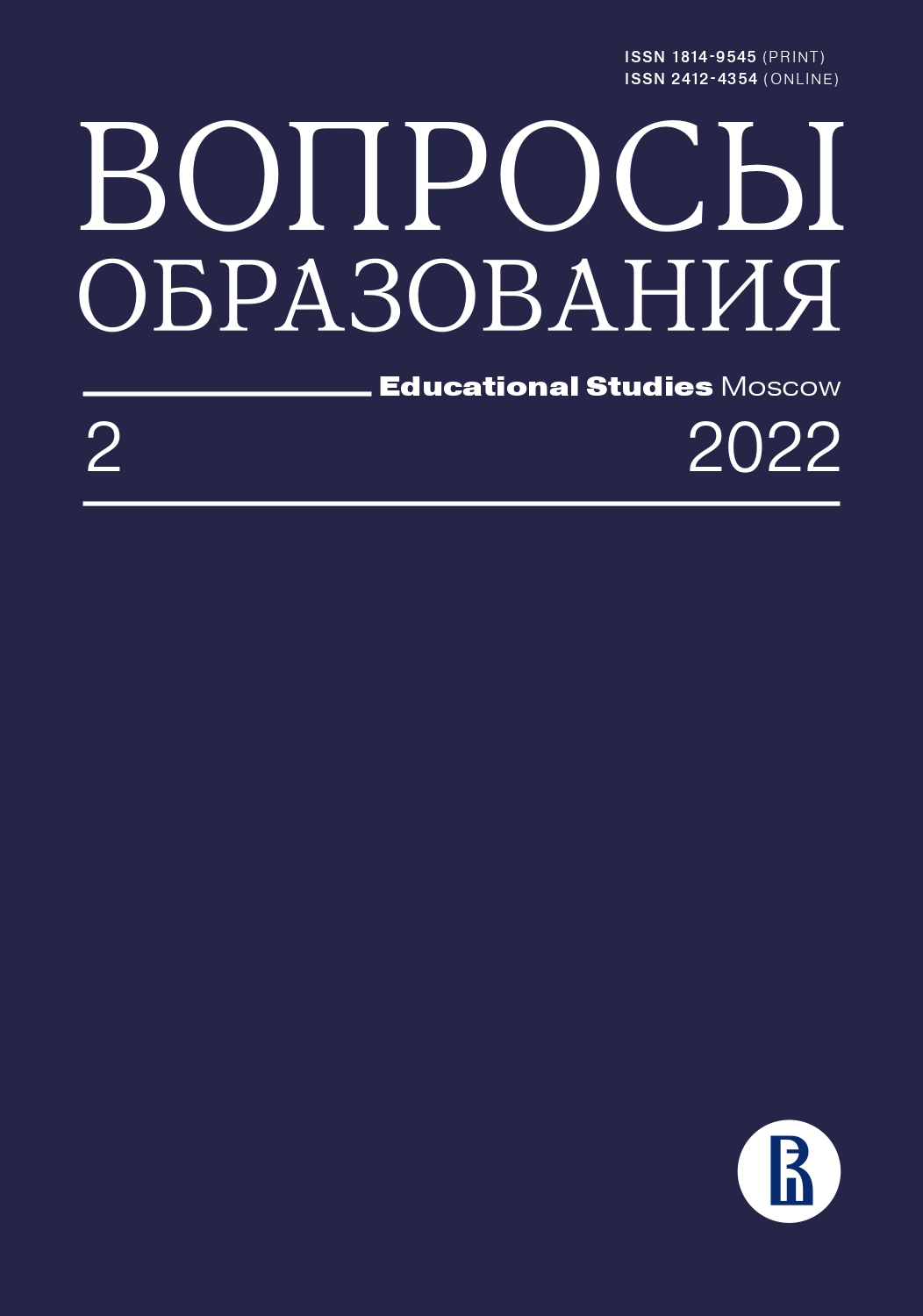Do Poisonings in Schools Affect the Targeting of Rospotrebnadzor Inspections?
Abstract
The study examines the targeting of scheduled and surprise inspections of school food services conducted by Rospotrebnadzor. Using reports of cases of mass poisoning from open sources and official inspection data, we look at the association between inspections and mass poisoning incidents in Russian schools. We find that schools are the most audited organizations among all areas of economic activity. Schools bear a significant part of the regulatory burden, contrary to the popular belief that the business actors are the most audited. However, we do not find any changes in the organization of inspections after food poisoning incidents. We also outline the limitations of the risk-based approach in educational institutions.









